Kenya Gov't to Roll Out New Digital Car Number Plates
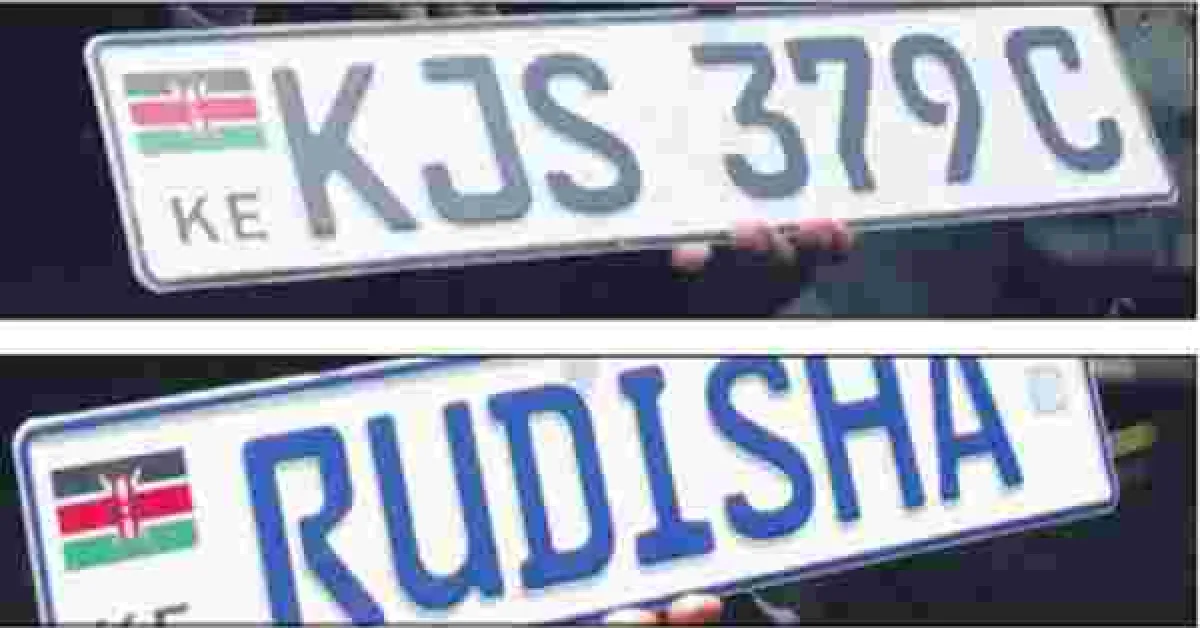
The government is set to roll out new digital car number plates beginning January 2020.
Correctional Services Principal Secretary Zainab Hussein said the government is in the process of identifying design for the new generation number plates ahead of the roll out next year.
Hussein revealed that officials tasked with making the new plates are benchmarking in three different countries.
The smart number plates will be issued to Kenyan car owners at a fee of Sh3,000.
“We have sent a team to go to three countries to design a system that uses our own local material to produce the securitized digitized new generation number plates by January 2020,” Ms. Hussein said.
The new plates will come with anti-counterfeit features including holograms, watermarks, and laser markers.
The features will help authorities to trace information on particular vehicles and their owners.
The new generation plates were set to be launched in 2015 but the process delayed after the Public Procurement Administrative and Review Board (PPARB) annulled Sh2 billion contract awarded to a Ugandan firm, MIG International and Germany’s Hoffman International.
The decision followed an appeal filed by Tropical Technologies. The Kenya Prisons Service was ordered to conduct the tendering process afresh which prompted MIG to sue.
The smart plates will help the government tame tax evaders and criminals who have been taking advantage of the current plates.

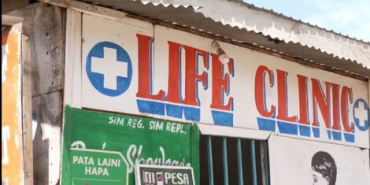





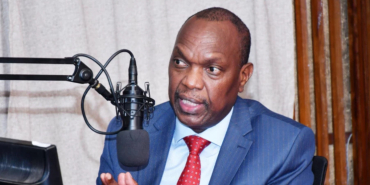
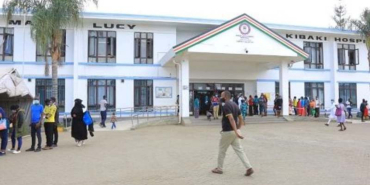


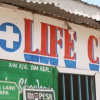


Comments
Benchmarking for what?
Permalink
Benchmarking for what?
Benchmarking my foot! New…
Permalink
Benchmarking my foot! New passport, new DL, new #plates -- is the government just out to collect money from Kenyans. Are Kenyans ever getting a break ever? With nothing to show for TAXES we pay thro' the nose, all these requirements feel like A RIP-OFF... and indeed many poor people have Rested in Pieces
I'm exasperated!!!! This…
Permalink
I'm exasperated!!!! This government is coming up with too many unnecessary new digital stuff. Mara new ID, e-passports, Huduma Namba, and now digital number plates. Kenya is a sub-Saharan 3rd World country. How about we concentrate on providing Kenyans with clean running water, food security, basic healthcare, and decent roads? What good is this newfangled nonsense when many Kenyans cannot afford maize flour and jobs are hard to find?
Add new comment